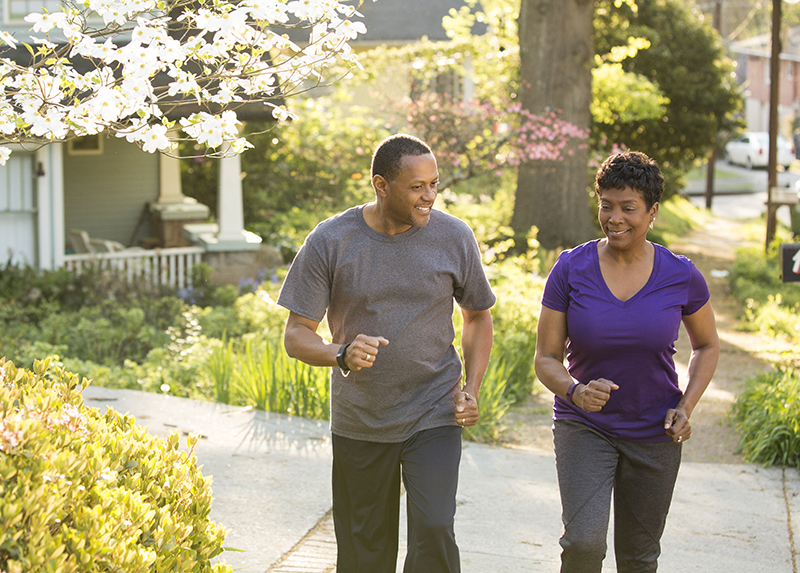Preventing disease is better than a cure…especially when there is no cure. Did you know heart disease is the leading cause of death for women in the United States? According to the Centers for Disease Control and Prevention, “Although heart disease is sometimes thought of as a man’s disease, around the same number of women and men die each year from heart disease.” Therefore, it is vital to take the necessary precautions to improving your overall health. Certified Nurse Practitioner for the Primary Health Network, Katelyn Bailey, states “While we can’t control our genetic disposition for heart disease, there are a number of things that we all can benefit by doing. Maintaining a healthy lifestyle that includes plenty of aerobic exercise is definitely a cornerstone. A healthy diet that is low in sodium and limiting fat intake is also beneficial. Not only will this improve your cardiac health, but for most it will improve your energy levels.” Katelyn goes on to give a few more tips to improving your heart health:
- If you are a smoker, cessation is highly encouraged for not only your cardiac health but also for your lung health.Make a point to see your PCP annually for prevention. For many patients it is very startling when a provider begins to discuss risk factors that could be modified to improve cardiac health. Many patients do not realize that their lifestyle choices have such a profound impact on their cardiac health.
- Sleep apnea is often an overlooked risk factor as well. Patients with suspected sleep apnea or those that snore should speak with their PCP about further investigating the cause. Patients with sleep apnea are at a significantly higher risk of hypertension, cardiac arrhythmia, stroke, and heart failure.
- Maintain good control of your blood pressure. Know what your BP is typically and heed suggestions to improve the numbers. It may seem like a giant numbers game, but research has shown us that lower blood pressures correlate to decreased incidence of heart disease.
- Talk to your provider about screening for cholesterol. Knowing your total cholesterol, LDL (“bad” cholesterol), and triglyceride levels is important for prevention. If elevated, speak to them about ways that you can improve your levels.
- Finally understand that women do not always have the same cardiac warning signs as men. While women may have the complaint of chest pain when experiencing a cardiac event, they may also have more vague symptoms such as fatigue, unexplained shortness of breath, nausea, vomiting, and limb and neck pain.
Take the time to make your health a priority. Being healthy should not be just a goal; it should be a way of life.This article is not intended to provide professional medical advice, diagnosis, opinion, treatment or services. Before beginning any diet or exercise program, always consult your primary care physician.

